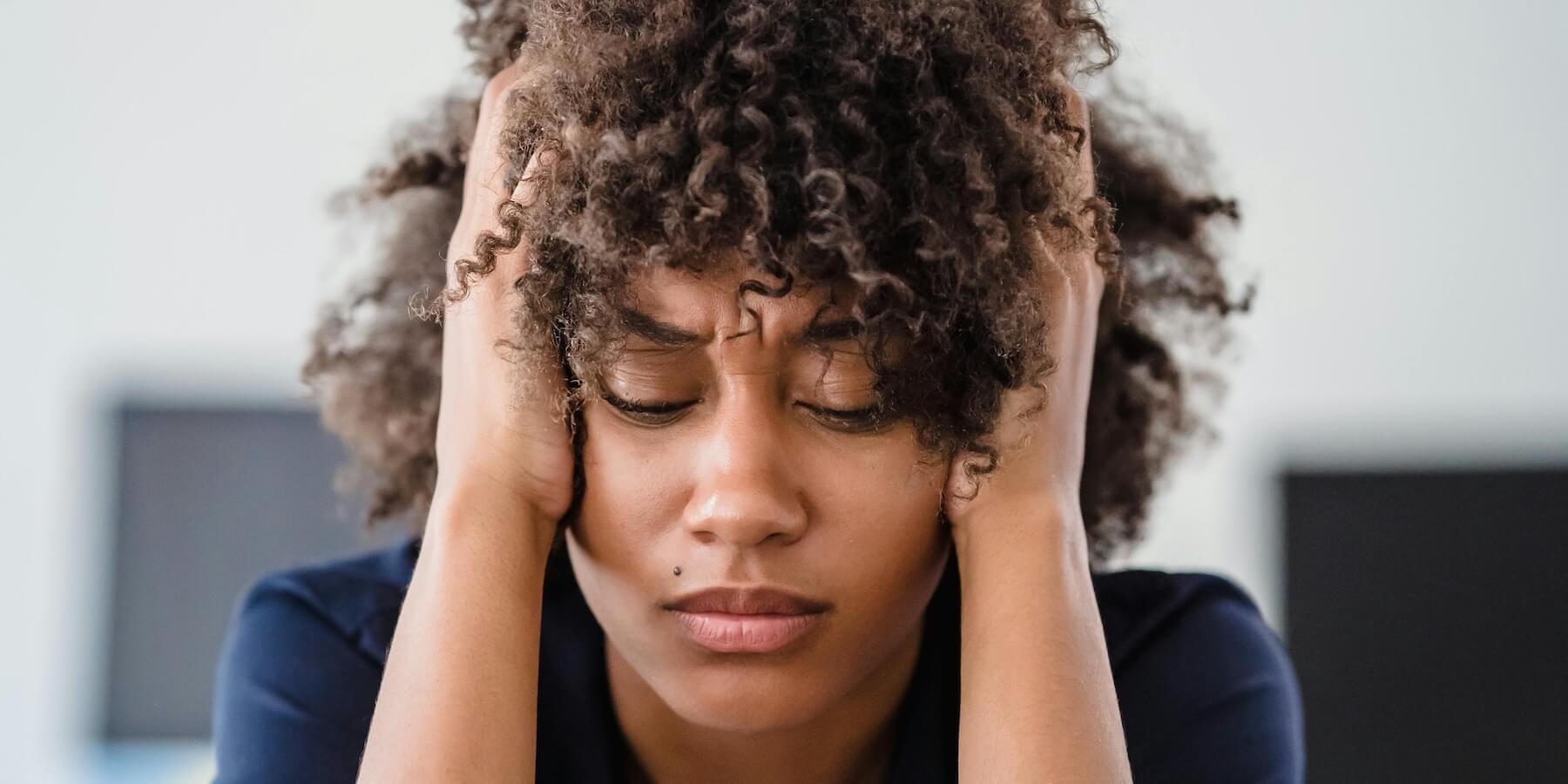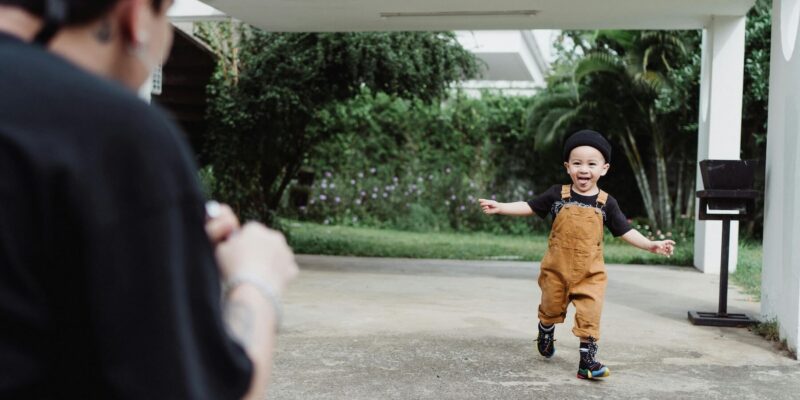From insomnia and back pain to irritability and depression, chronic stress can manifest in all sorts of painful and distressing ways. And it used to be that if you were chronically stressed, the recommendation was simply to relax. But these days, most people are savvy enough to realize that if you really want to address chronic stress, you can’t just treat the symptoms—you have to fix the underlying root causes.
The problem is that we’ve been trained to think of root causes as mysterious secrets buried in our past that only years of psychotherapy or a psychedelic journey can cure. But much more often, the root cause of problems like chronic stress comes from our habits in the present, not the events in our past.
Today, I want to share one of the biggest root causes of chronic stress that I see over and over again in my coaching and consulting work, especially high-achievers: compulsive busyness.
When Busy Goes Bad
In general, being busy is good for our psychological health and wellbeing. But there’s a particular form of busyness—compulsive busyness—that’s unhealthy and often at the root of chronic stress.
Compulsive busyness is when you use being busy as a distraction from anxiety.
I had a client recently who told me they were stressed because they were in meetings all day and never had time to think or do creative work. But when we did a brief experiment to free up their calendar for more thinking and creative time, they got even more stressed because they had a lot of deep-seated anxiety (mostly fear of failure) about doing ambitious creative work. Over the years, they had unconsciously developed a habit of chronic busyness in order to escape the anxiety of free time.
Unfortunately, like most coping mechanisms, chronic busyness trades short-term relief for long-term stress and anxiety because when you avoid your fears, you generate anxiety about anxiety, or compound anxiety, which is far more stressful in the long-run.
So if you struggle with chronic stress, it’s worth asking yourself:
What am I really afraid of? And is the stress of avoiding it really worth it?
Of course, there are all sorts of ways to reflect on a question like this: you could work with a coach or therapist, you could discuss it with a trusted friend or mentor, you could meditate or pray about it, journal about it, etc.
But one simple way I’ve found to uncover deeper, unacknowledged fears is to start a scheduled worry practice. While I typically recommend this for people whose main concern is chronic anxiety or insomnia, a useful side effect is that it can help you uncover or surface deeper fears that you tend to avoid thinking about—the kind that are frequently at the root of compulsive busyness and chronic stress.
Causal Confusion
If you’ve been following along carefully, you might be wondering to yourself:
Wait a minute… Isn’t anxiety the root cause of chronic stress since that’s the whole point of the compulsive busyness?
No, and here’s why:
It’s avoidance of anxiety, not anxiety itself, that’s causing the chronic stress.
It’s true that you probably need to address the deeper anxiety in a healthier way if you want to stop the compulsive busyness, but that doesn’t change the fact that it’s fundamentally the habit of busyness that’s causing the chronic stress.
This distinction matters because ultimately it’s not about the specifics of the habit (in this case, compulsive busyness) or the type of anxiety it’s designed to avoid (in this case, fear of failure). It could just as easily be binge eating to numb out a fear of intimacy or people-pleasing to avoid fear of conflict. The bigger insight is the more general pattern:
Symptom ← Avoidance Habit ← Anxiety
It might look like: chronic stress ← compulsive busyness ← fear of failure
Or it might be: chronic stress ← people-pleasing ← fear of conflict
But the key thing to see here is that the fear isn’t the real problem; it’s avoidance off the fear that simultaneously prevents you from addressing the fear in a healthy way and generates the chronic stress.
From this perspective, emotional avoidance is the root cause of both the chronic stress and the unresolved fear/anxiety. Because while both may have their origins in the past, it’s our behaviors and habits in the present that maintain them.
A very small way you can get started with both the specific issue of compulsive busyness and the more general problem of emotional coping, is to practice welcoming anxiety rather than avoiding it. The next time you feel a little bit of fear, nervousness, or anxiety, instead of defaulting to either distraction and avoidance or worry and obsessing, try a middle way: welcome the anxiety and allow it to remain while you continue on with what matters to you.
Learn More
If you’re interested in learning more about chronic stress and anxiety, here are two essays of mine I think you’ll enjoy:
And if you’re interested in working with me, I have a small private coaching practice.




